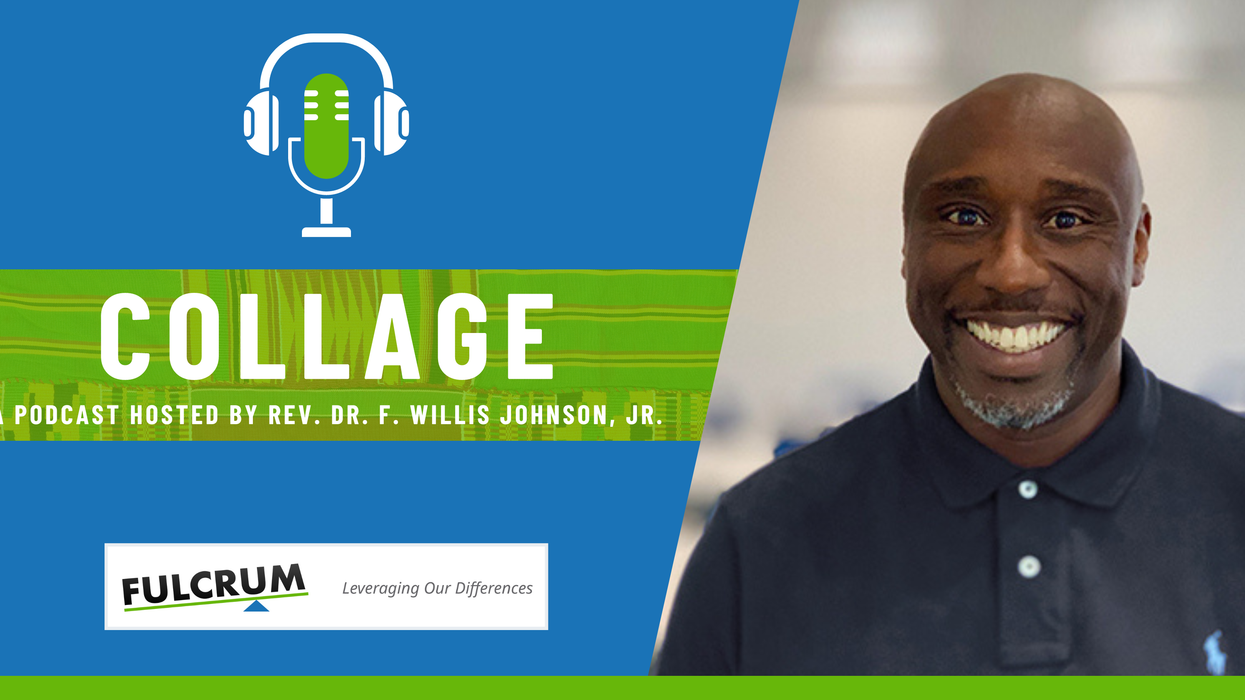In this episode of the "Collage" podcast, Rev. F. Willis Johnson interviews Rev. Aaron Rogers, director of the St. Stephens Episcopal Church in Ferguson, Mo.. Their conversation acknowledges the forthcoming 10-year remembrance of Michael Brown's death and the Ferguson uprising. Johnson and Rogers discuss the "pilgrimage" that introduced them to one another and impacted their vocational endeavors.
Podcast: The power of pilgrimage with Rev. Aaron Rogers




















